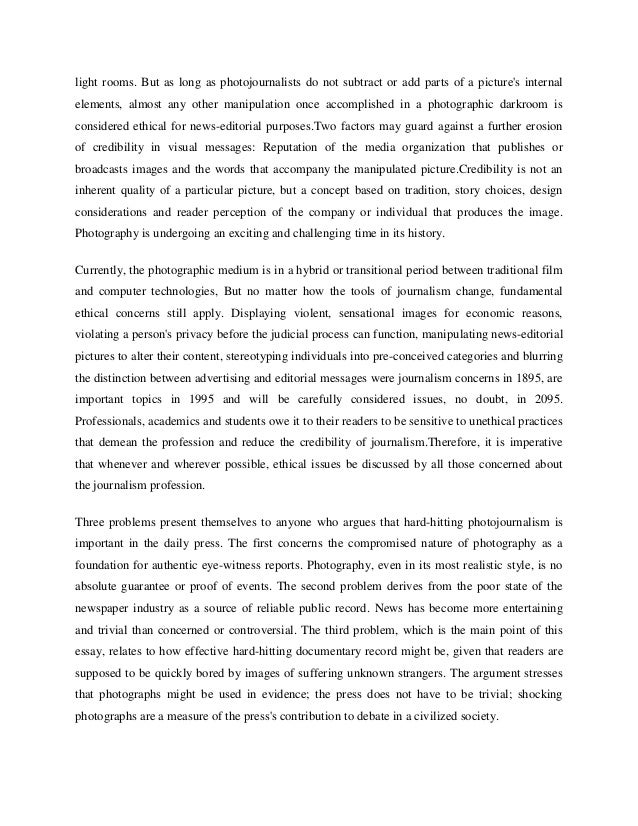The Ethics in America Source Reader, 2/e, edited by Lisa H. Newton, is a valuable supplement to any course in ethics and philosophy as well as an essential reference book for the Ethics in America college credit course and television series.


It contains a rich and varied selection of classical writings in philosophy and ethics spanning the history of philosophy through the ages. This new second edition has been expanded to include selections from Islamic, Buddhist, and Confucian thought, and includes new readings on topics such as existentialism, feminism, and environmentalism. A new selection on fiduciary duty has also been added as a complement to the selection from Josiah Royce. 'synopsis' may belong to another edition of this title. © Reprinted by permission. All rights reserved.: The volume in your hands is greatly expanded from the first edition, published in 1989. The expansion was undertaken on request by many who have used the book in their courses, and the reason was something of a surprise to me.
Computer Graphics / Arts. Introduction to the Second Edition. THE GREEK TRADITION. Ethics in America - Source Reader. America Edition Ethics In Reader Second Source. In the United States of America. The Bartleby.com edition of Gray’s Anatomy of the Human Body. Ethics in America II: The Constitution: That Delicate Balance. Sources of christian ethics pdf exper the sources of christian ethics 3rd edition Ethics in america source reader 2nd edition ebooks. Ethics in america - source reader 2nd edition PDF.
AbeBooks.com: Ethics in America - Source Reader (2nd Edition) (250) by Lisa H. Newton Ph.D.; CPB CPB Annenberg; Columbia University Columbia University.
It seems that this text is occasionally used, not just for a companion volume for the telecourse Ethics in America, but also on its own, as the text for an introductory level history of ethics course. But for that purpose, the selections were incomplete. In the first edition I included only those works which were appealed to, explicitly or implicitly, by the panelists on the various discussions, and that means only works in the Western tradition. Further, only those works were included that had suggestions to make about how to solve ethical problems, to help students follow the actual reasoning of the panelists.
Where the panelists' reasoning appealed (usually silently) to an ethical tradition, that tradition was included in the selections and the selections referenced in the Study Guide, the other companion volume. Only works so referenced were included in the Source Reader. Reinventing Hell Rarest there. Now, that is one very exclusive principle of selection. Omitted were all religious traditions but our own, all Eastern thought of any kind, the entire nineteenth- and twentieth-century literature of doubt and ethical restructuring, and the contemporary movements of feminism, environmentalism, and other forms of multiculturalism (all movements that change the center of ethical consideration). If the text is to be used for a complete course in ethics, surely some selections must at least entertain the possibility of taking these literatures into account. Accordingly, the second edition has expanded, to include selections from Islamic, Buddhist, and Confucian thought (attempts to put the Bhagavad Gita in some form that preserved the poetry were unsuccessful, so Hinduism is not included); also existentialism, feminism, and environmentalism. (A new selection on Fiduciary Duty, taken from the law, has also been added as a complement to the selection from Royce.) All the disclaimers that applied to the first edition still apply: you will get only a taste of these rich and fascinating authors, literature, and movements, the editor makes no claims to expertise on any of these authors in particular and certainly no claims to expertise on them all; you will be frustrated by the minimal selections provided; the only way you can relieve that frustration is by going in each case back to the original source.